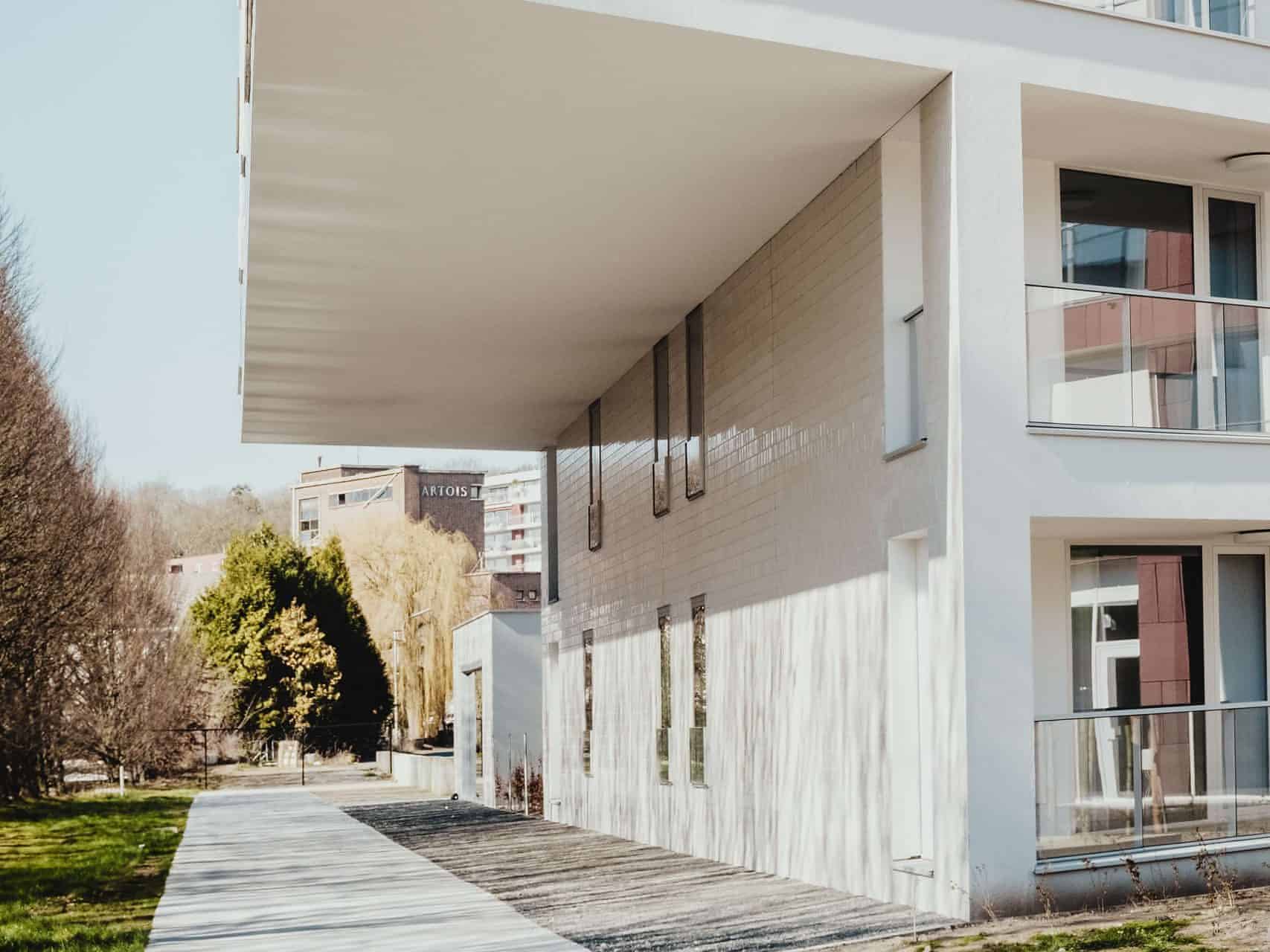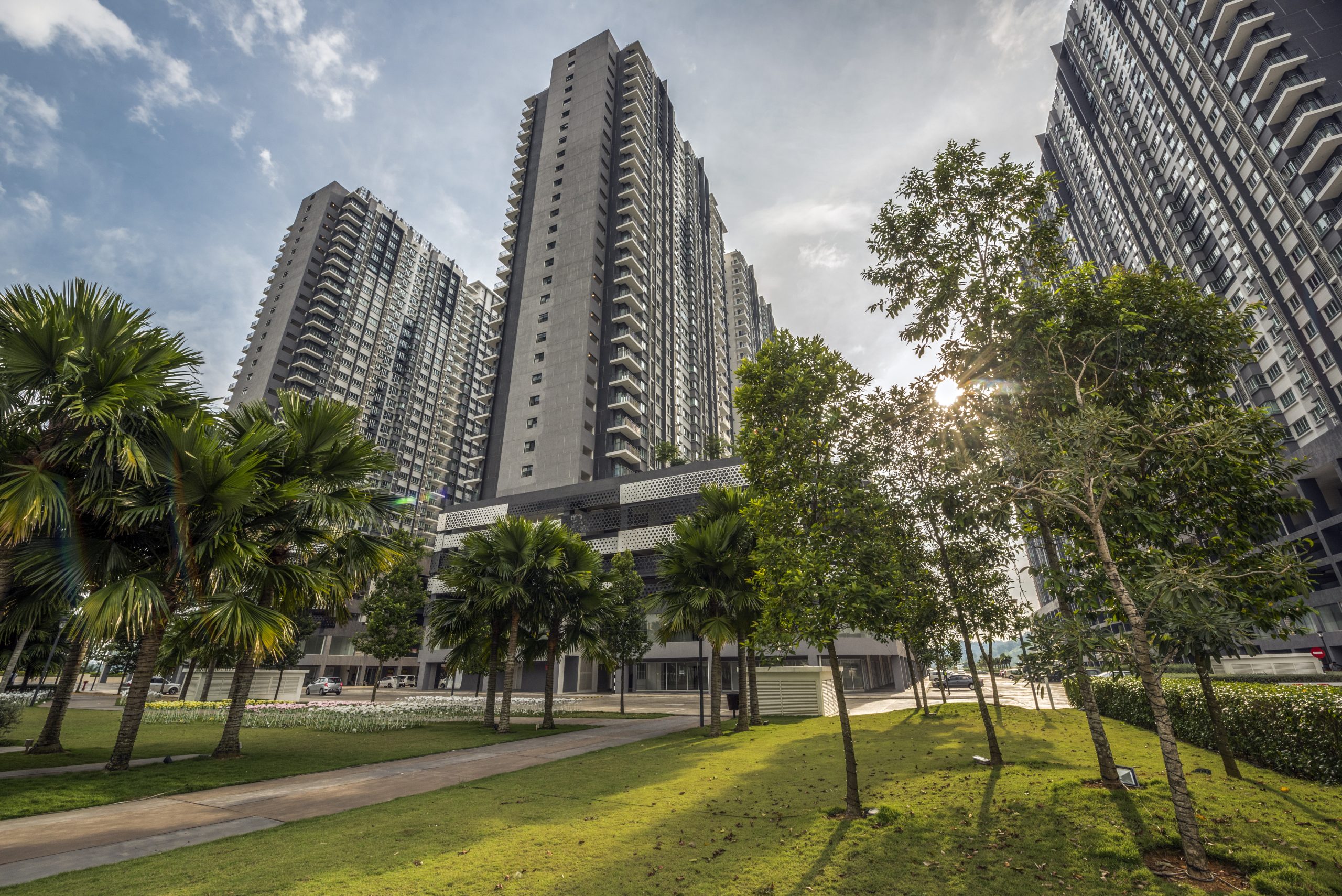3 Do’s and Don’ts for Investing in Malaysian Properties

Photo by Bernard Hermant
Apart from your own home, if you’re a first time investor in Malaysian properties, here are some pointers to keep in mind when you go real estate hunting.
Dos
1. Do know what you want
There are many types of property in Malaysia for investment. The most basic one is residential property where you buy landed or high-rise units to flip (sell to other home buyers upon completion or after a few years) or rent out to tenants. Those with a penchant for something more may choose to invest in commercial (shop lots, mall retail lots etc.) or industrial (factories) property. There are different costs involved when investing in different types of properties and the initial outlay such as the down payment and the margin of financing from financial institutions may also differ greatly from residential units.
2. Do know what you can afford
Many a time, we might be caught up in the hype of buying (because our other family members, friends, colleagues, former college-mates have bought their own properties) that we lose track of what we can or cannot afford. Most property investors will leverage on borrowings from banks to finance their property purchase. In general the bank will assess whether you can afford the loan for the property you want to purchase. A borrower’s debt service ratio (DSR) is one measure of borrowing ability. The DSR is the ratio of total debt (other home loans, vehicle loans, personal loans credit card balances, PTPTN and other student loans etc) to household income and the formula is as such:
DSR = Debt/Net Income X 100
Different banks will have different DSR thresholds. Some stand at 65-70%, others may be less. Other determinants of loan affordability include credit checks (CCRIS and CTOS reports), property valuation, as well as the maximum Loan-to-Value (LTV) ratio or Margin of Finance depending on how many properties you currently own.
3. Do research and ask questions
These are interesting times in the property market. While it’s certainly not a boom, we can’t say we’re in a decline either. But there are certainly several initiatives and programs surrounding house buying that did not exist before. Various schemes can be adopted from the Home Ownership Campaign (rehda.com/hoc2019/) that the government introduced.
Budget 2020 has also revealed additional schemes including Rent-to-Own and Youth Housing Scheme You can read more about it at www.edgeprop.my/content/1597796/budget-2020s-real-estate-highlights.
It also goes without saying that you should do your due diligence when looking at a property. Visit the show room and conduct a site visit if possible. Check out the surrounding public amenities and neighbourhood. Ask the sales representatives pertinent questions: What are the maintenance costs? How about utility (electricity, water, internet service) rates?
If you intend to flip a property, do find out what costs are involved. Some mortgages with banks have lock-in periods that incur a penalty for early settlement. Another cost may come in the form of (RPGT) that is the government tax on any profit you might gain from a sale of your investment property.

Photo by Glenn Carstens-Peters
Don’ts
1. Don’t fall in love with a property before knowing the facts
Love at first sight can happen to anyone, and even with properties. You may fall head over heels in love with a property’s ultra-modern concept or garden landscaping, or even promises of a KLCC view. But have you neglected to consider the location, whether the unit sizes fit your purpose, or the possibility of other high-rise buildings being built in neighbouring land, for example? How many car parks spaces and what sort of car park layout comes with the unit?
2.Don’t follow other investors blindly
We all have friends or relatives who brag about a new property investment they got at a steal. Many will want to jump on the bandwagon for fear of missing out. But do take the time to understand the reasons for your acquaintance’s home purchase. Compare it with your own reasons for investing. What are the similarities? What are the differences? Only then can you be objective in your property hunting.
3.Don’t be greedy
It’s no secret that there is a property overhang in certain parts of the country. And developers have come up with many good bargains. At the end of the day, opt for something within your means. Don’t purchase a property solely for the sake of impressing people. The last thing you want is not be able to afford the monthly instalments, or be unable to manage your property investment due to whatever reason or circumstance.
Sources:
www.edgeprop.my/content/1597796/budget-2020s-real-estate-highlights.















